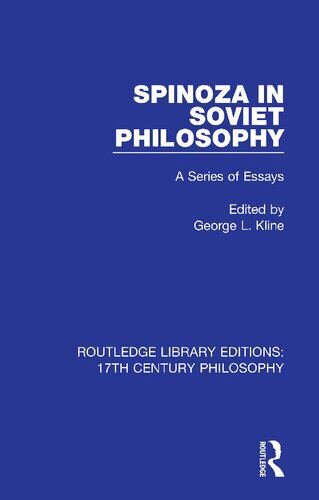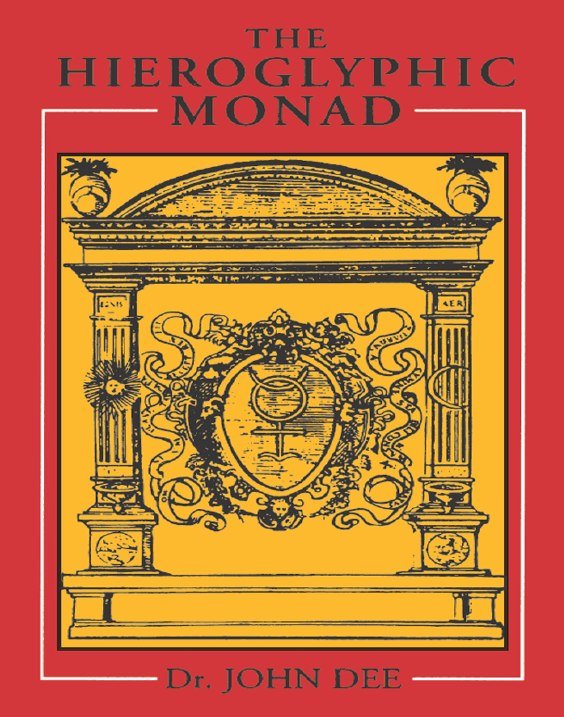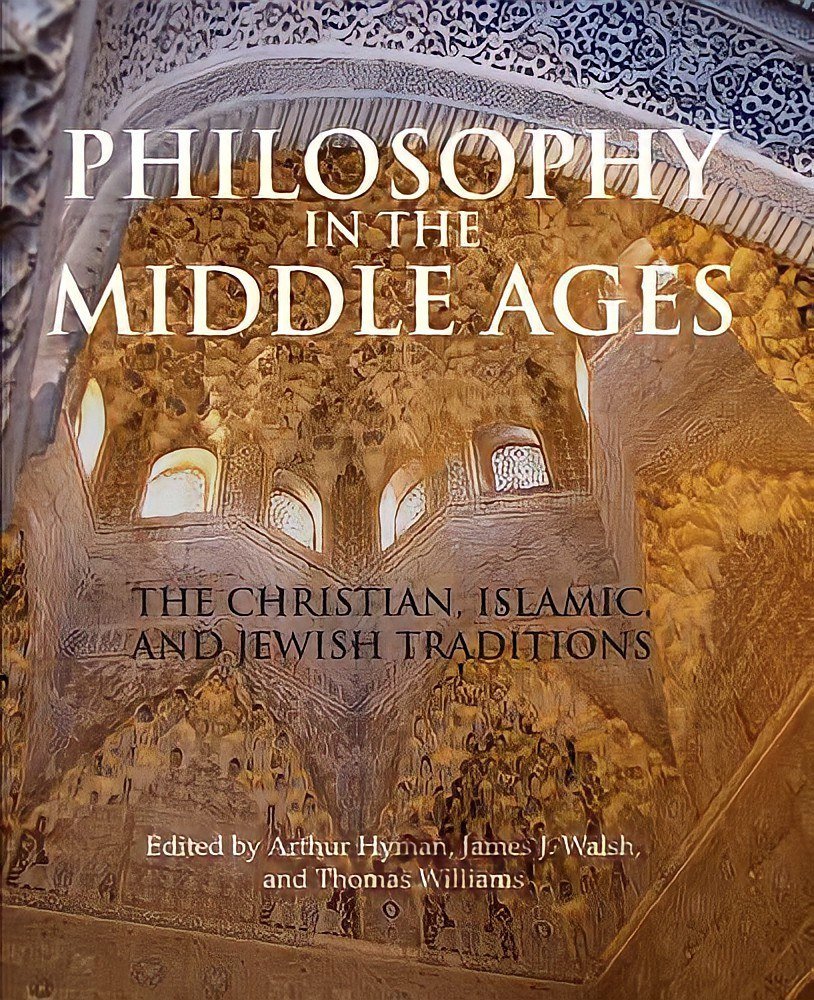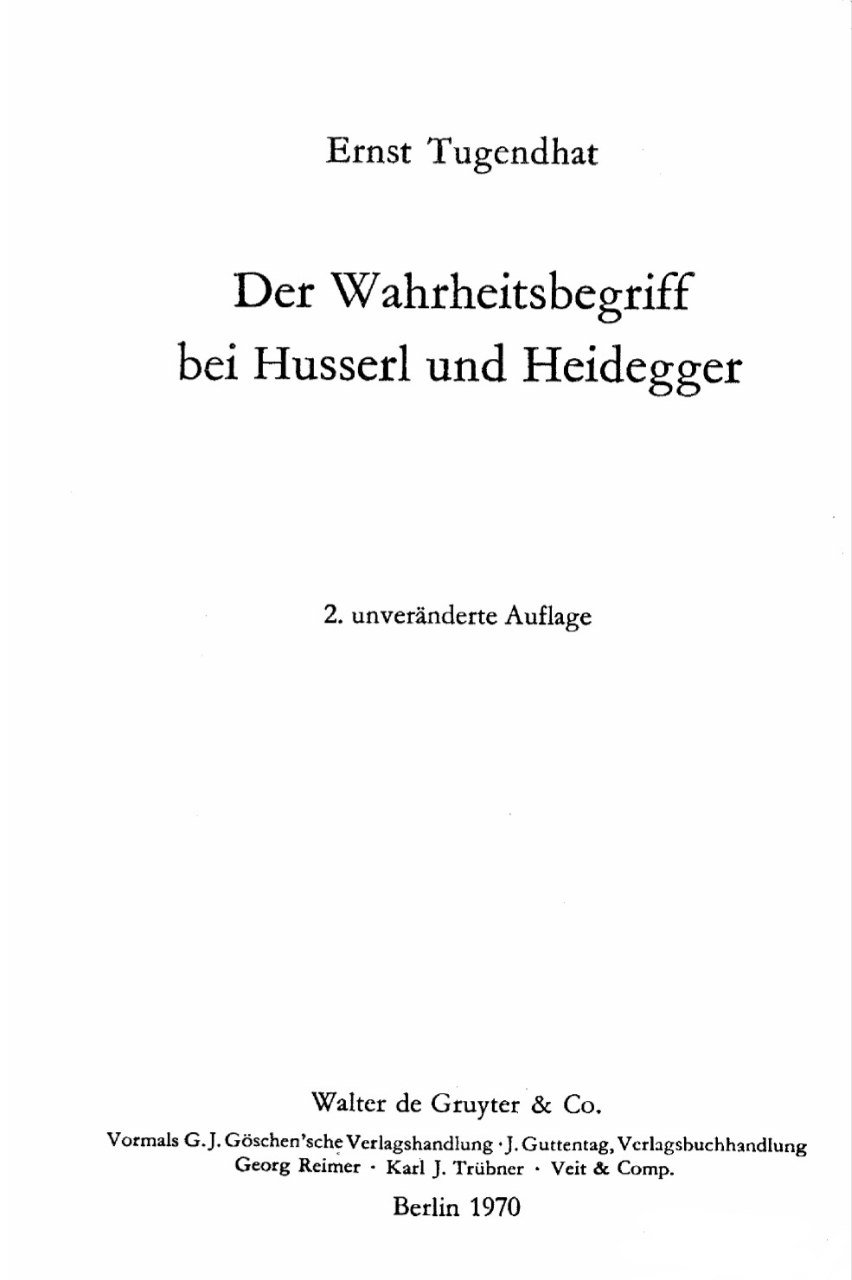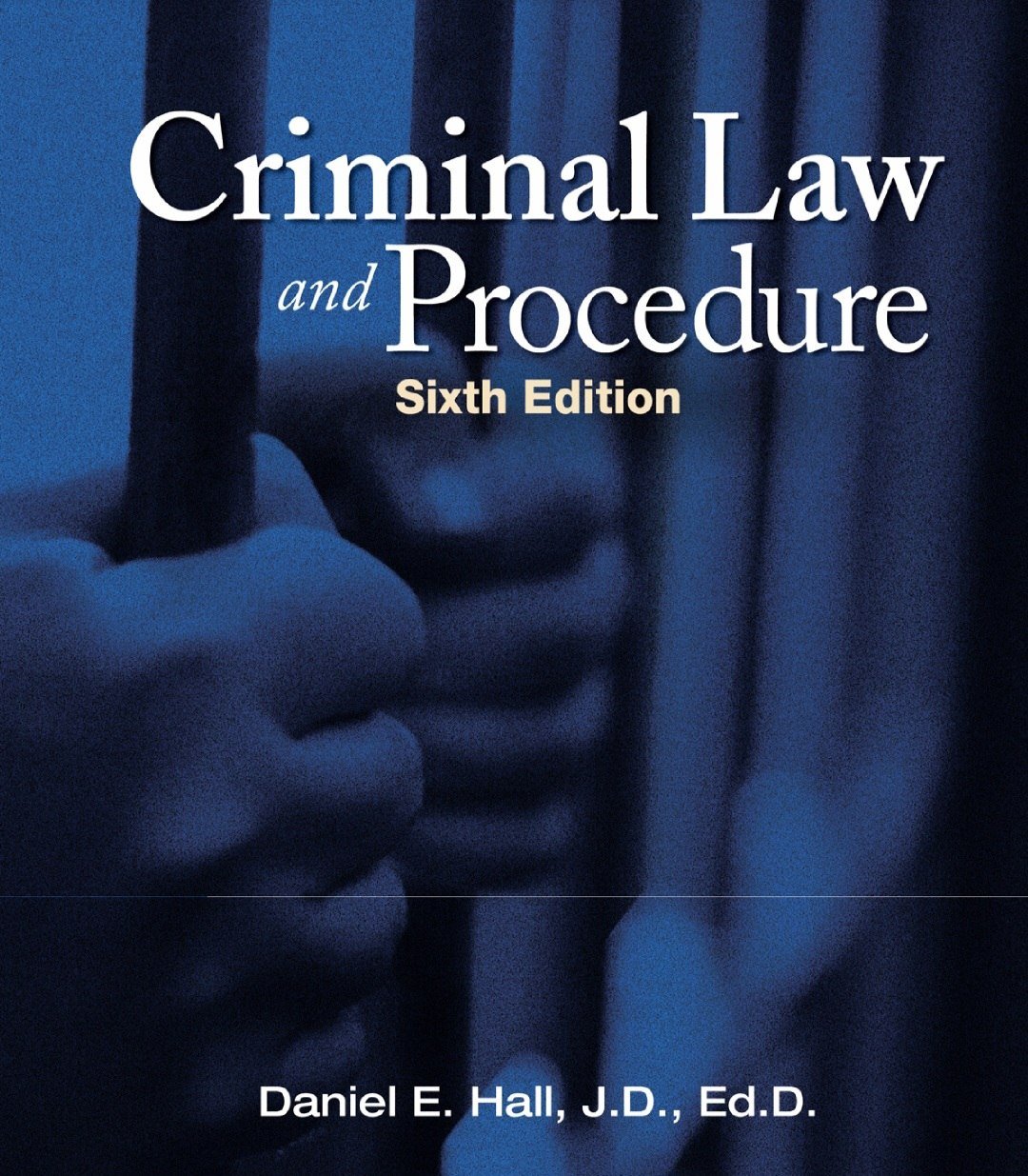

The Scientific Study of Personal Wisdom
Reviews
No review yet. Be the first to review this book!
Description
The Scientific Study of Personal Wisdom: From Contemplative Traditions to Neuroscience, edited by Michel Ferrari and Nic M. Weststrate, is a multidisciplinary exploration of the concept of wisdom through both scientific and contemplative lenses. This volume brings together contributions from experts in psychology, neuroscience, philosophy, and religious studies to provide a comprehensive examination of wisdom—not merely as an abstract ideal, but as a measurable, developmental, and practical human capacity. The book delves into how wisdom has been understood historically in contemplative traditions such as Buddhism, Christianity, and other spiritual practices, and how modern science, particularly psychology and neuroscience, seeks to operationalize, study, and even cultivate it. Contributors explore the cognitive, emotional, and moral dimensions of wisdom, addressing questions like: What are the characteristics of a wise person? How does wisdom develop across the lifespan? How does culture influence our understanding of wisdom? And can wisdom be taught or enhanced through intervention? Ferrari and Weststrate organize the book into sections that examine theoretical models of wisdom, developmental perspectives, neurobiological underpinnings, and practical applications for education and well-being. They emphasize the idea that wisdom is not just about intellectual knowledge, but about practical judgment, emotional regulation, empathy, and ethical reasoning. The contributors also investigate how wisdom can contribute to societal and personal flourishing, particularly in times of crisis, uncertainty, or moral complexity. By integrating ancient insights with cutting-edge scientific research, The Scientific Study of Personal Wisdom offers an evidence-based approach to understanding one of humanity’s most cherished virtues. It provides valuable insights for scholars, clinicians, educators, and anyone interested in fostering wisdom in individuals and communities. Ultimately, the volume affirms that wisdom is both a deeply personal and socially vital quality, bridging inner development with broader social responsibility.


 May 03, 2025
May 03, 2025














.jpg)



.png)









.jpeg)


.jpg)

.jpg)




.jpeg)


















.jpeg)







.jpg)





.jpg)
.jpg)

.jpg)



.jpg)
.jpeg)
.jpeg)









